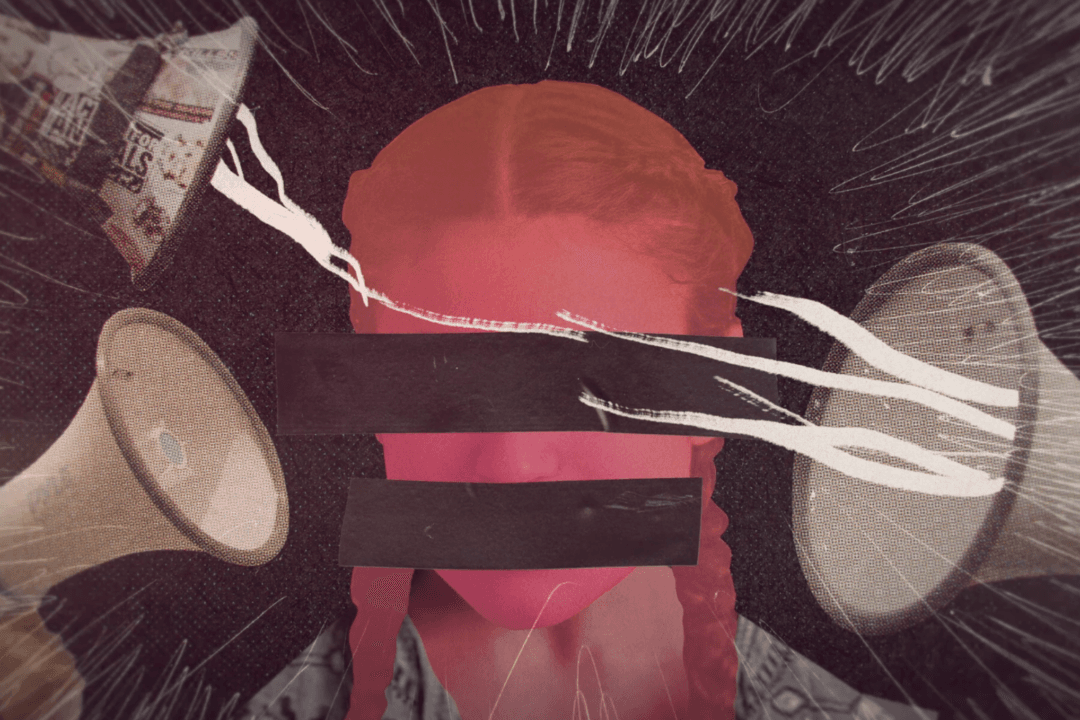NR | 1h 33m | Documentary | 2024
It’s a shame Tom Wolfe died in 2018, because the shrewd observer of generational zeitgeists could have offered some trenchant observations on Gen Z. Arguably, the age cohort born after 1996 needs some analysis, especially the psychological kind. Tragically, rates of teen depression, suicide, and self-harm spiked dramatically in 2012.





